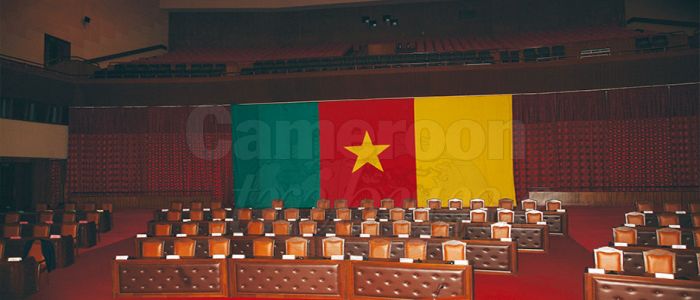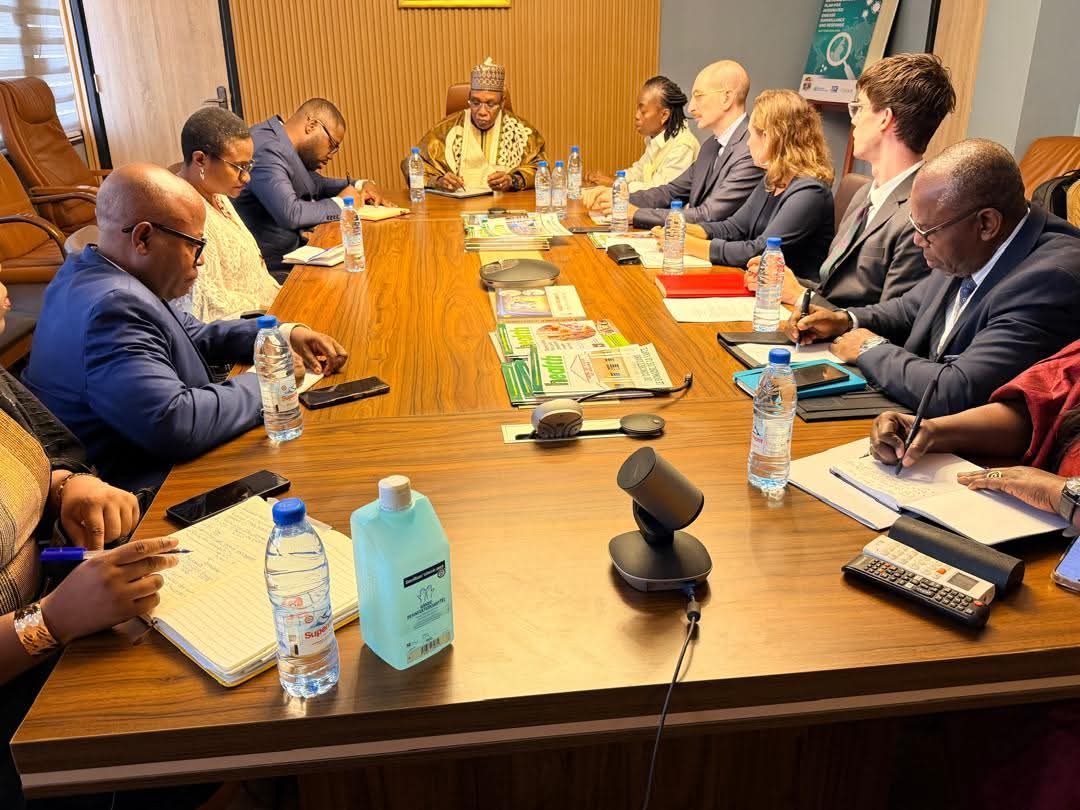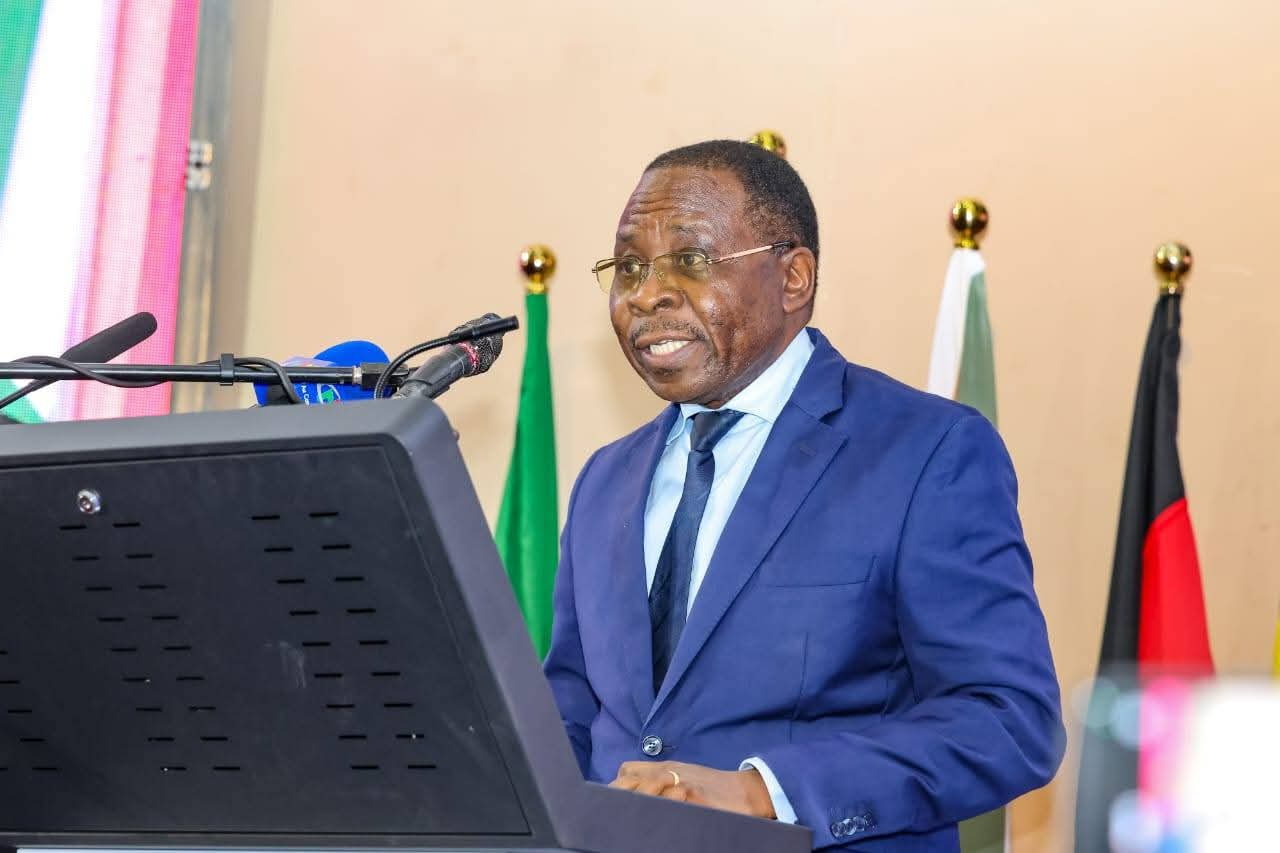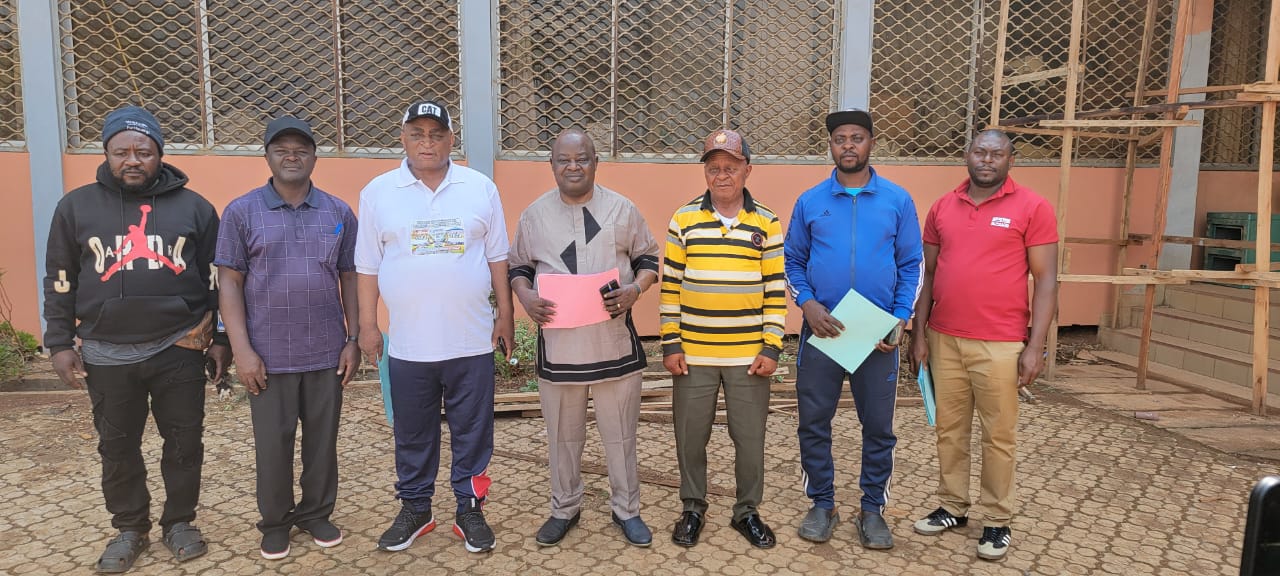On the fifth day of the election campaign, public funding is still not available. To the great displeasure of the opposition candidates.
It is the sinews of war, the first thing you think of when you decide to run for office. It is not surprising therefore that money was mentioned as soon as the electoral body for the senatorial elections of March 12 in Cameroon was convened. The first compulsory expense is the deposit to be a candidate. It is set for the senatorial elections in Cameroon at one million CFA francs and this amoiunt was a major blockage for some political groups whose lists were rejected for lack of deposit.
In the end, only the Cameroon People’s Democratic Rally (CPDM) submitted lists in all the ten regions of Cameroon. That is ten lists of seven candidates each. This is understandable given the quality of its candidates, many of whom are from the business community.
If in the party in power, the candidates pay their own deposits, in other political formations, the party is obliged to put its hand in the till to support certain candidates. While waiting for public funding?
Indeed, the Electoral Code in its article 284, stresses that the state participates in the financing of electoral and referendum campaigns. This involves covering certain expenses of political parties or candidates. Indeed, the finance law of the year in which the electoral or referendum consultation is organized also explains the State’s participation in the expenses.
The distribution of funding for the elections of deputies, senators, etc., takes place in two equal tranches. The first instalment is paid after the publication of the lists of candidates. And the second, after the results have been announced. Then, the distribution to the parties follows in proportion to the number of seats obtained.
Fundraising
However, for the senatorial elections of 12 March, our sources at the Ministry of Territorial Administration indicate that the amounts that will be allocated to each political party in the race have not yet been decided. Similarly, the public financing of the electoral campaign, at least the tranche that must be paid after the publication of the lists is not yet available.




